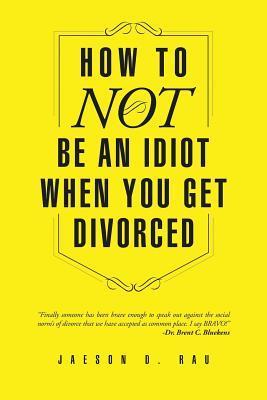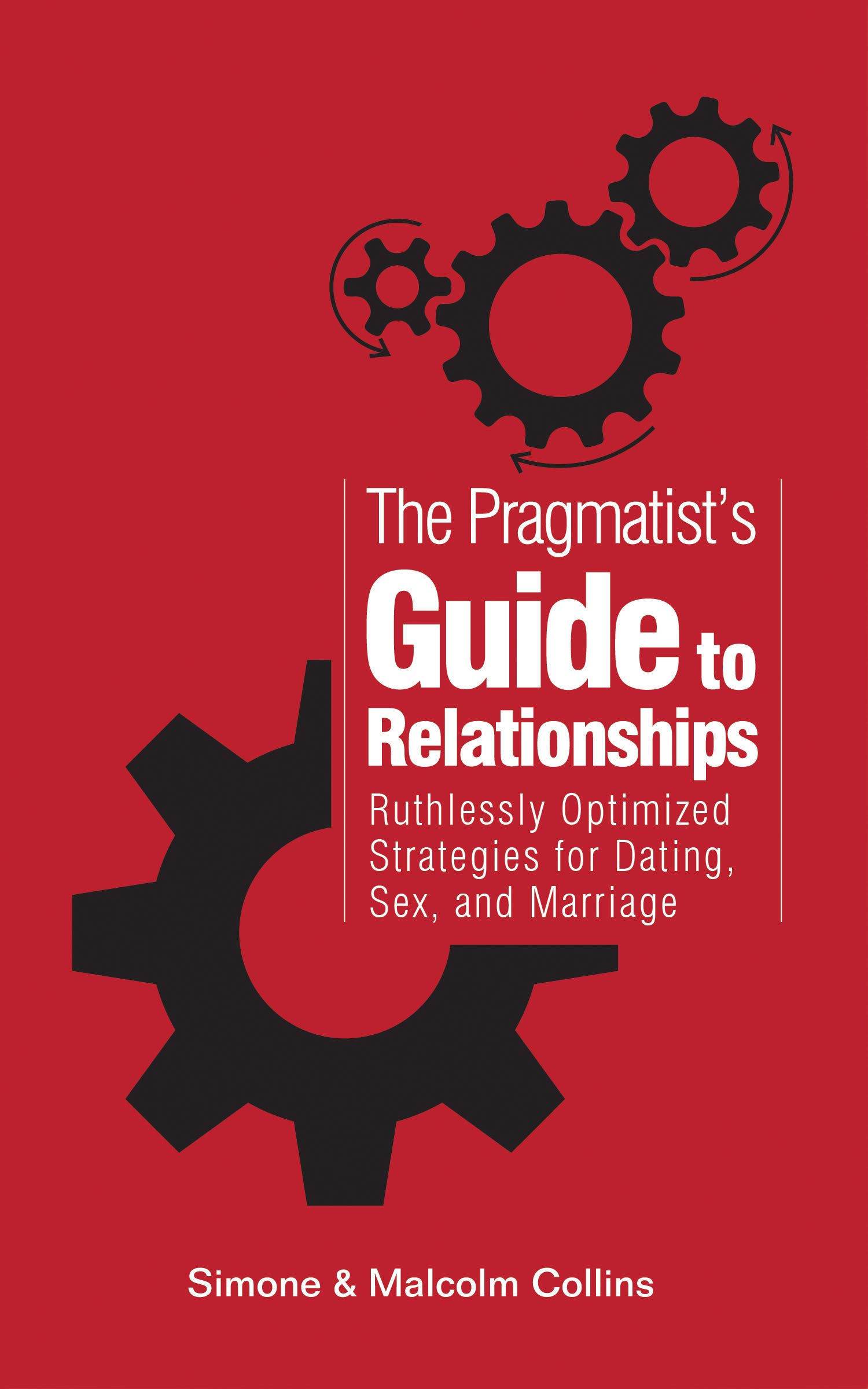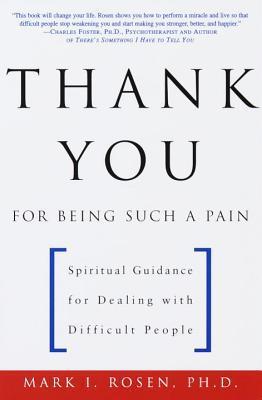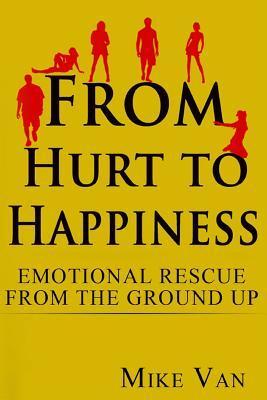
How To NOT Be An Idiot When You Get Divorced
Book Description
Divorce is a battlefield, and many enter it unprepared, armed with nothing but emotion. "How To NOT Be An Idiot When You Get Divorced" cuts through the chaos with razor-sharp insights and actionable strategies. Jaeson D. Rau takes readers on a journey through the emotional minefield, unraveling the common traps that lead to regret and self-sabotage. With humor and heartbreak, this guide illuminates the path to healing and clarity, transforming a painful ending into a powerful new beginning. Are you ready to take the reins of your life and navigate divorce like a pro?
Quick Book Summary
"How To NOT Be An Idiot When You Get Divorced" by Jaeson D. Rau is an irreverently wise guide for anyone facing the emotional and practical storm of divorce. Blending humor and hard-won insight, Rau addresses the pitfalls that often catch people off guard—emotional flare-ups, legal missteps, and rash decisions driven by pain rather than reason. He reveals how staying grounded, cultivating self-awareness, and preserving dignity are not just possible but crucial for surviving—perhaps even thriving—through the process. Readers are encouraged to avoid common traps, build a reliable support system, and adopt strategies for healing. Ultimately, the book reframes divorce as both an ending and an invitation to rediscover personal strength, making it a practical and uplifting resource for those navigating this major life transition.
Summary of Key Ideas
Table of Contents
Managing Emotional Reactions During Divorce
Divorce frequently plunges people into an emotional vortex, making it easy to react impulsively or destructively. Rau underscores the importance of recognizing and managing emotions, especially anger, frustration, and grief. He shares practical ways for readers to stay clearheaded—such as pausing before responding, resisting the urge to "win" arguments, and channeling feelings into constructive outlets. By tackling emotion-driven behaviors with humor and candor, he helps readers sidestep actions they might later regret, like venting on social media or lashing out in negotiations.
Avoiding Common Legal and Financial Pitfalls
Legal and financial aspects of divorce are ripe for missteps, particularly when approached with clouded judgment. Rau demystifies the process, prompting readers to become informed about their rights, obligations, and the long-term consequences of their decisions. He emphasizes working with competent professionals rather than relying on hearsay or trying to "stick it" to the other party. Avoiding rash agreements or under-the-table deals, keeping thorough records, and viewing settlement as a rational negotiation rather than a battle are central to navigating these challenges sensibly.
Building a Healthy Support System
Isolation can exacerbate pain and hinder sound decision-making, so Rau advocates building a mindful support network. This includes professionals like therapists and financial advisors, as well as friends who are capable of providing perspective rather than fueling drama. The book offers advice for discerning whom to trust and how to set healthy boundaries. Rau humorously notes the hazards of leaning on “toxic cheerleaders” or those more invested in your conflict than your well-being.
Redefining Post-divorce Identity and Growth
As the dust settles, Rau illustrates how divorce is a catalyst for redefining oneself. He encourages readers to embrace the opportunity for self-discovery, explore old or new interests, and reevaluate personal values. Rebuilding a life after divorce isn’t about swift reinvention, but rather gradual growth, reflection, and accepting that a fresh start is genuinely possible. Buddying humor with hope, he stresses not to rush into new relationships without introspection and self-healing.
Transforming Pain Into Personal Power
Finally, Rau reframes divorce as a source of potential personal power, rather than only pain. He argues that the lessons, scars, and insights earned during the process can inform wiser choices in the future. Turning adversity into agency, readers are prompted to harness their experiences for stronger boundaries, healthier relationships, and a renewed sense of self-esteem. With strategic actions and levity, Rau offers the possibility of transformation, not just survival.
Download This Summary
Get a free PDF of this summary instantly — no email required.





